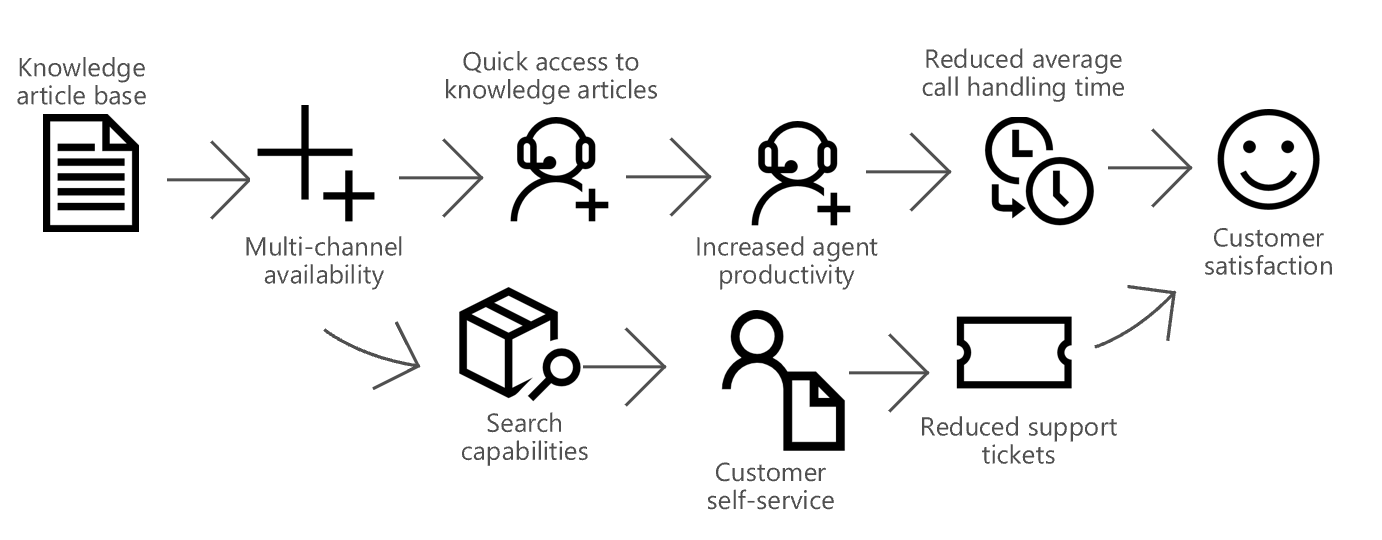Introduction
Knowledge management is considered the most essential element for the development and advancement of organizations in today’s world. One of the vital tools in this field is the Microsoft CRM software, which acts as an agile and efficient platform for managing and sharing information, experiences, and knowledge of employees within organizations.
Benefits of Knowledge Management Using Microsoft CRM Software
1. Data Integration
Microsoft CRM software allows you to collect and manage different data in an integrated repository. This is a fundamental principle in knowledge management, as scattered information can slow down processes and make decision-making difficult.
2. Quick Access
Using Microsoft CRM software, every employee can quickly access the information they need. This speed in searching and accessing stored knowledge improves decision-making.
How to Implement Knowledge Management in Microsoft CRM Software
1. Clearly Define Information
First and foremost, clearly define the information you want to manage. This information may include project experiences, ideas, and even past failures.
2. Train Employees
To fully benefit from the knowledge management capabilities of Microsoft CRM software, train your employees. Ensure that everyone has the ability to use this tool.
Conclusion
Using knowledge management with Microsoft CRM software helps organizations manage their knowledge in the best possible way. This tool not only aids in data integration but also facilitates quick access to information. With the successful implementation of this system, your organization can gain a knowledge-based advantage over its competitors.
